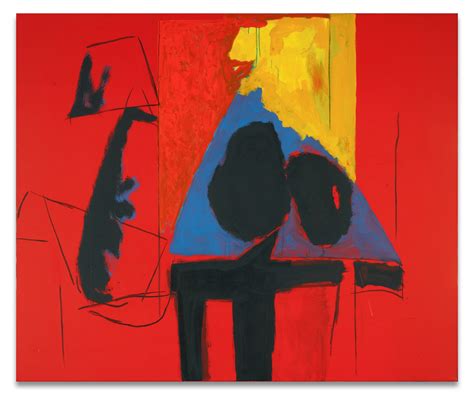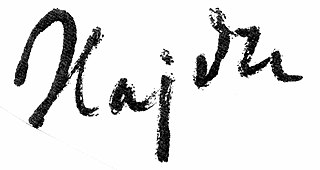A Quote by Will Durant
Every science begins as philosophy and ends as art; it arises in hypothesis and flows into achievement.
Quote Topics
Related Quotes
Economics is a theoretical science and as such abstains from any judgement of value. It is not its task to tell people what ends they should aim at. It is a science of the means to be applied for attainment of ends chosen, not, to be sure, a science of the choosing of ends. Ultimate decisions, the valuations and the choosing of ends, are beyond the scope of any science. Science never tells a man how he should act; it merely shows how a man must act if he wants to attain definite ends.
Each day is born with a sunrise and ends in a sunset, the same way we open our eyes to see the light, and close them to hear the dark. You have no control over how your story begins or ends. But by now, you should know that all things have an ending. Every spark returns to darkness. Every sound returns to silence. Every flower returns to sleep with the earth. The journey of the sun and moon is predictable. But yours, is your ultimate ART.
Where philosophy ends, poetry must commence. There should not be a common point of view, a natural manner of thinking which standsin contrast to art and liberal education, or mere living; that is, one should not conceive of a realm of crudeness beyond the boundaries of education. Every conscious link of an organism should not perceive its limits without a feeling for its unity in relation to the whole. For example, philosophy should not only be contrasted to non-philosophy, but also to poetry.
[Coining phrase "null hypothesis"] In relation to any experiment we may speak of this hypothesis as the "null hypothesis," and it should be noted that the null hypothesis is never proved or established, but is possibly disproved, in the course of experimentation. Every experiment may be said to exist only in order to give the facts a chance of disproving the null hypothesis.
It is a thoughtless and immodest presumption to learn anything about art from philosophy. Some do begin as if they hoped to learnsomething new here, since philosophy cannot and should not do anything further than develop the given art experiences and the existing art concepts into a science, improve the views of art, and promote them with the help of a thoroughly scholarly art history, and produce that logical mood about these subjects too which unites absolute liberalism with absolute rigor.





































